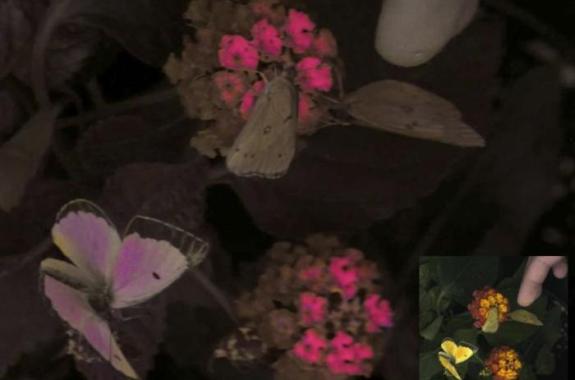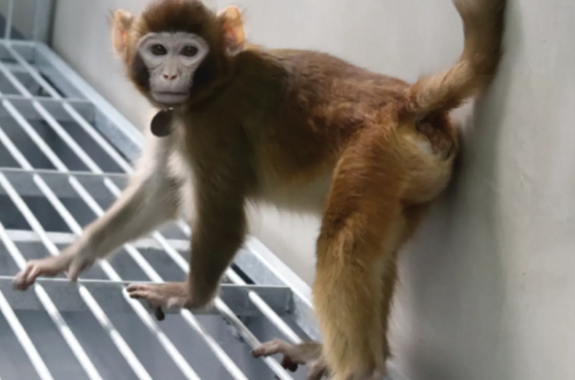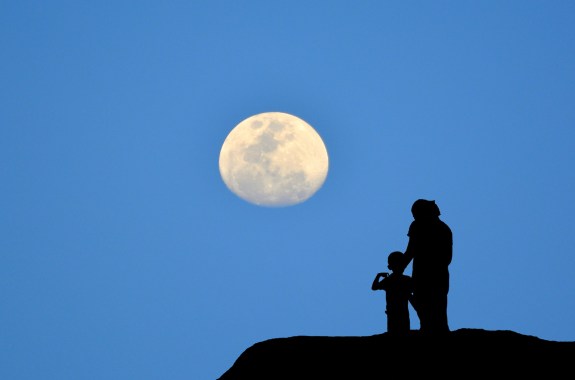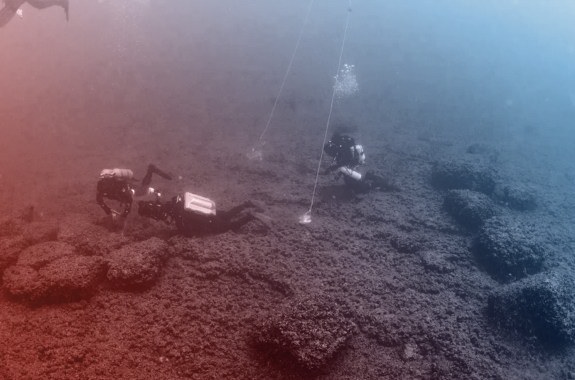Radio
Listen to Science Friday live on Fridays from 2-4 p.m. ET
February 21, 2025
The CEO of one of America’s oldest scientific societies discusses the recent cuts to scientific institutions, and how scientists can respond. Plus, flu infections are the highest they’ve been in nearly 30 years, and flu deaths this winter have surpassed COVID deaths. And, a video of a gloriously creepy anglerfish inspired tears and poetry online.
12:13
NASA Finally Opens Canister Containing Asteroid Sample
Engineers had to design bespoke tools to open the OSIRIS-REx capsule nearly four months after it arrived back on Earth.
17:07
‘Mysterious’ Canine Illness: What Dog Owners Should Know
Veterinary experts discuss what is known about the potential respiratory pathogen—or pathogens—and which dogs are most at risk.
17:14
How Signing Characters Help Deaf Children Learn Language
A lab at Gallaudet University is creating television shows with signing characters to increase literacy in both English and ASL.
17:04
Expanding Our Umwelt: Understanding Animal Experiences
Writing about animals’ sensory experiences in ‘An Immense World’ changed author Ed Yong’s own worldview—and hobbies.
7:28
An App For People Of Color To Rate Their Birthing Experiences
Irth is a “Yelp-like” app to help expectant parents make informed decisions by exposing bias and racism in healthcare systems.
9:57
Are Roses Red, And Violets Blue? Depends On Your Species
A new video camera system shows the colors of the natural world as different animals see them.
12:07
ADHD Prescription Rates Spiked During The Pandemic–Why?
Prescription rates for ADHD drugs rose by 30% from 2020-2022, with large increases among women and young people.
11:59
Rhesus Monkey Cloned With Modified Approach Has Survived Into Adulthood
In China, a cloned rhesus monkey has lived for over two years, signifying advances in cloning and reproductive gene editing technology.
26:55
How The Moon Transformed Life On Earth, From Climate to Timekeeping
A new book explores how the moon changed us—and how we’ve changed the moon.
10:08
Using AI To Help Find Ancient Artifacts In The Great Lakes
Researchers in Michigan modeled a prehistoric land bridge and used AI to predict where caribou–and humans–might have traveled along it.









